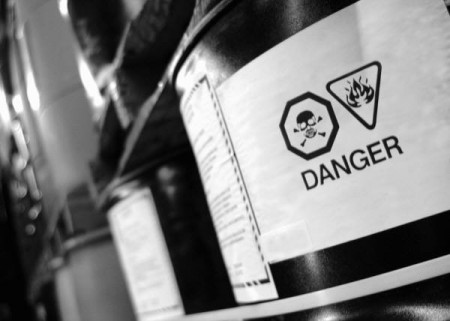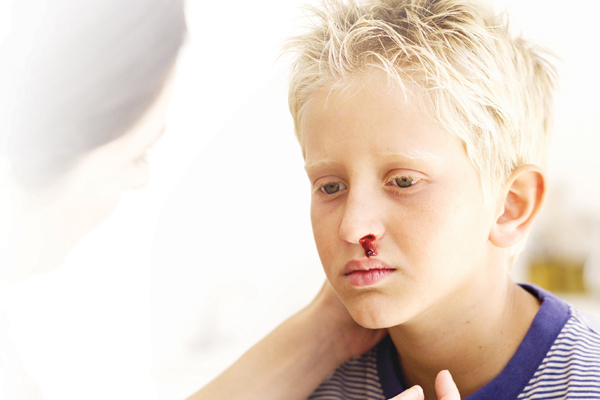Keep Your Children Safe from Poisoning
National Poison Prevention Week is March 18-24. To keep your children safe from poisonous substances lurking around your home, check out the tips below recommended by the Centers for Disease Control and Prevention (CDC).
Keep the poison control number, 1-800-222-1222, on or near every home telephone and save it on your cell phone. The line is open 24 hours a day, 7 days a week.














